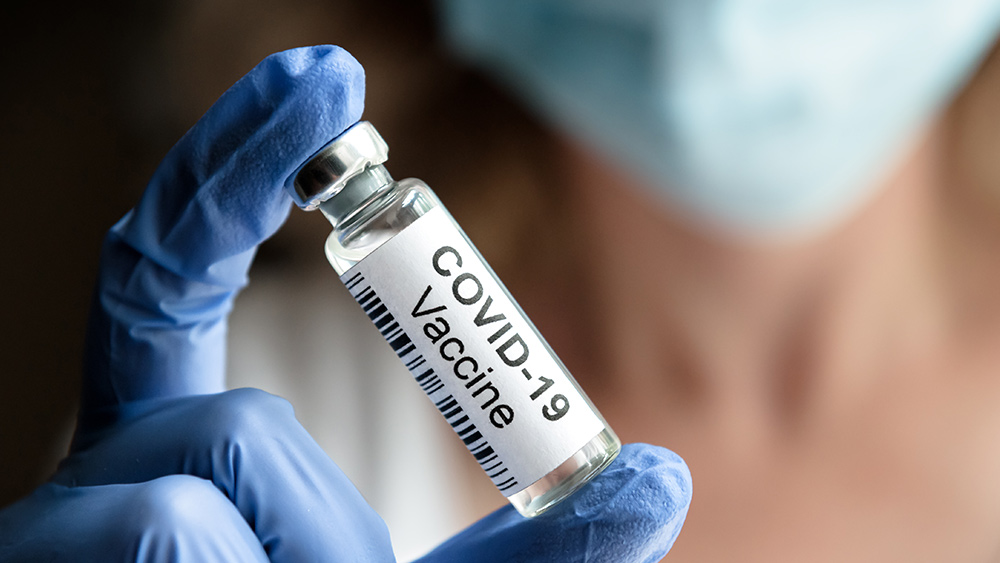
Advertisement
For many people, energy drinks are their go-to beverage when they’re running out of juice to function for the rest of the day. Unfortunately, these drinks have been shown to negatively affect a person’s health. A study by researchers from the University of Texas Health Science Center at Houston revealed that having one energy drink can increase heart attack risk after just 90 minutes.
In their study, the team examined 44 college students in their 20s who were non-smokers and were considered healthy. These participants exhibited healthy blood vessels, which is crucial to heart health. However, 90 minutes after consuming a 24-ounce energy drink, the inner diameter of their arteries were reduced by half. From 5.1 percent it went down to approximately 2.8 percent.
The increase in the degree of blood vessel constriction reduced blood supply and nutrients to the rest of the body. Because of this, the organs are unable to function at their optimum capacity. Moreover, reduced blood flow to the heart can significantly increase the risk of heart attacks and stroke. (Related: Energy drinks have a far more drastic effect on heart health than many are aware: Just two drinks a day can make your blood pressure soar.)
Harmful ingredients in energy drinks
The adverse side effects associated with energy drinks are attributed to its harmful ingredients, which include:
- Caffeine — A 250 mL serving of energy drink contains approximately 80 mg of caffeine, which is more than twice the amount found in a can of soda. This compound triggers an increase in the release of adrenaline, a hormone that raises heart rate and blood pressure. Excessive consumption of caffeine has also been associated with other health issues, including digestive problems, dizziness, irritability, nausea, dehydration, and headaches. Furthermore, people can become addicted to caffeine, which can lead to withdrawal.
- Sugar — The biggest culprit in energy drinks when it comes to blood vessel constriction is its high sugar content. Just 12 ounces of Red Bull already has 37 g of sugar, which is equivalent to more than nine teaspoons. The high sugar content of energy drinks can also raise blood sugar, increasing the risk of metabolic conditions like diabetes, prediabetes, and obesity. Moreover, too much sugar can lead to tooth decay and swelling.
- Taurine — Taurine is an amino acid that’s involved in neurological development. It is also important for regulating the water and mineral content of blood. However, too much taurine can be harmful since it can cause dangerously low blood pressure rates, which also deprives the rest of the body with the blood and oxygen that they need.
Natural alternatives to energy drinks
If you’re looking for an energy boost, why not try natural alternatives that are healthier than energy drinks? Some examples of these include:
- Green juices and smoothies — Dark leafy vegetables like spinach, parsley, and kale that are used to make green drinks are great sources of B vitamins. These nutrients are important since they allow the body to produce energy at a faster rate.
- Green tea — Although green tea also contains caffeine, it has a smaller amount compared to coffee and energy drinks. Moreover, this beverage has benefits like lower risk of heart disease and cancer, as well as mental clarity.
- Coconut water — Coconut water is often called a natural sports drink because it is able to provide energy and replace electrolytes that are usually lost during exercise. It is rich in potassium that’s especially beneficial for heart health and maintaining blood pressure.
If you’d like to read more news stories and studies on the harmful side effects of energy drinks, visit Products.news.
Sources include:
Submit a correction >>
This article may contain statements that reflect the opinion of the author
Advertisement
Advertisements

















